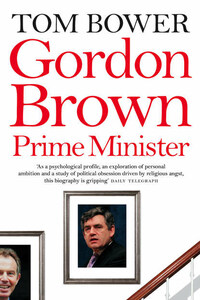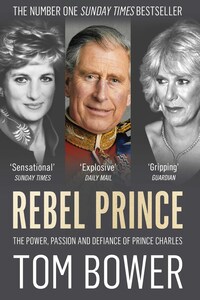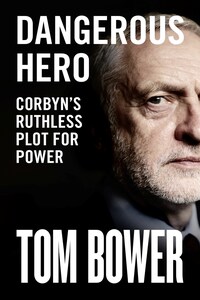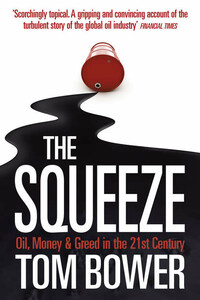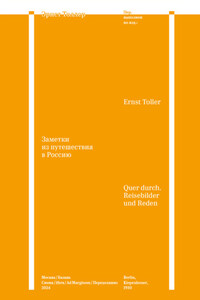Their laughter was raucous. Seated in the Club section of the British Airways aircraft, the ten men were bonded by their love of football and their anticipation of a laddish weekend in Rome. Five months after the general election, the new Chancellor of the Exchequer was laughing with his intimate gang. There was much to celebrate.
On Saturday, 11 October 1997, England was playing Italy in a qualifying match for the World Cup. The valuable tickets for the game had been obtained for the group by Geoffrey Robinson, the paymaster general, as a favour to Gordon Brown, who was seated in the front of the jet. The prospect of football, beer and banter in Rome appealed to the former schoolboy footballer. The game was a maleâs world, an emotionally satisfying conclave excluding women. The weekend would also be an opportunity to develop relationships with journalists, whose sympathetic reports about his successes would enhance his reputation and help his dream to become Britainâs prime minister. Brown, the host of many noisy parties during and after his student days in Edinburgh, enjoyed the mixture of politics and sport.
The invitations to the journalists had been issued by Charlie Whelan, the chancellorâs sparky press spokesman, who was seated near Brown. Over the previous years Whelan had regularly offered friendly journalists tickets to special football matches and issued invitations to memorable parties before international fixtures in Robinsonâs flat at the Grosvenor House Hotel in Park Lane. âOh, Geoffrey,â quipped Brown as they flew over Tuscany, âyour villa is down there. We should have a campaign: one villa one vote.â The reference to the villa controversially loaned to Tony Blair and his family during the summer triggered more laughter. Brown had been in good form ever since they assembled at Heathrow. âWhatâs the difference,â he had asked as they waited for the plane, âbetween Jim Farry [the chief executive of the Scottish Football Association] and Saddam Hussein? One is an evil dictator who will stop at nothing, and the other is the leader of Iraq.â The banter was joined by Ed Balls, the chancellorâs personable and intelligent adviser, and the fourth of the quartet â Brown, Robinson, Balls and Whelan. Ballsâs eminence in the Treasury was resented only by the envious and the defeated. The thirty-year-old was the intellectual guide of the chancellorâs conversion from a traditional socialist to the mastermind of New Labourâs appeal to the middle classes. Since Labourâs landslide victory Balls had become guru, gatekeeper and âdeputy chancellorâ in the Treasury.
The four had unashamedly fashioned their capture of the Treasury as storm troopers assailing a conservative bastion, revolutionaries expelling the old guard. Over more than a decade Gordon Brown had plotted and agonised to achieve that coup. Disputes and distress had marred the route to 11 Downing Street, and five months after his victory the new, unconventional inhabitants of Whitehall incited malicious gossip about the introduction of bull market tactics into Westminster politics, prompting Blairites to accuse Brown of behaving like a Mafia godfather, an accusation he resented.
The only unease among the six journalists was caused by their Club class tickets, each costing £742. Geoffrey Robinson had privately settled the account, leaving a suspicion that the journalists would not be pressed to repay. His guests briefly considered the millionaireâs motives. Robinsonâs ebullience made the trip feel like one of those louche jamborees organised by public relations companies for anxious clients. His fortune, earned in suspicious circumstances and concealed in offshore banks, had financed Brownâs private office before the election. For any politician to be associated with Robinson provoked questions. The journalists judged that the chancellor was not suspicious about the motives of their host, whose generosity had relieved the Scotsmanâs social isolation in London. Nevertheless, before the jet landed, some resolved that regardless of Charlie Whelanâs inevitable scoffs, their fares would be reimbursed, with a request for a receipt.
The laughter halted. Gordon Brown, dressed in his customary dark suit, white shirt and red tie, fumed, âDo you know theyâve sold the Scotland match against Latvia to Channel 5, and only half of Scotland has Channel 5?â The admirer of Jock Stein had travelled to see Scotland play in Spain during the 1982 World Cup, and was dogged by a grievance about the dayâs other qualifying match. The gripe erupted again after the landing at Rome airport.
